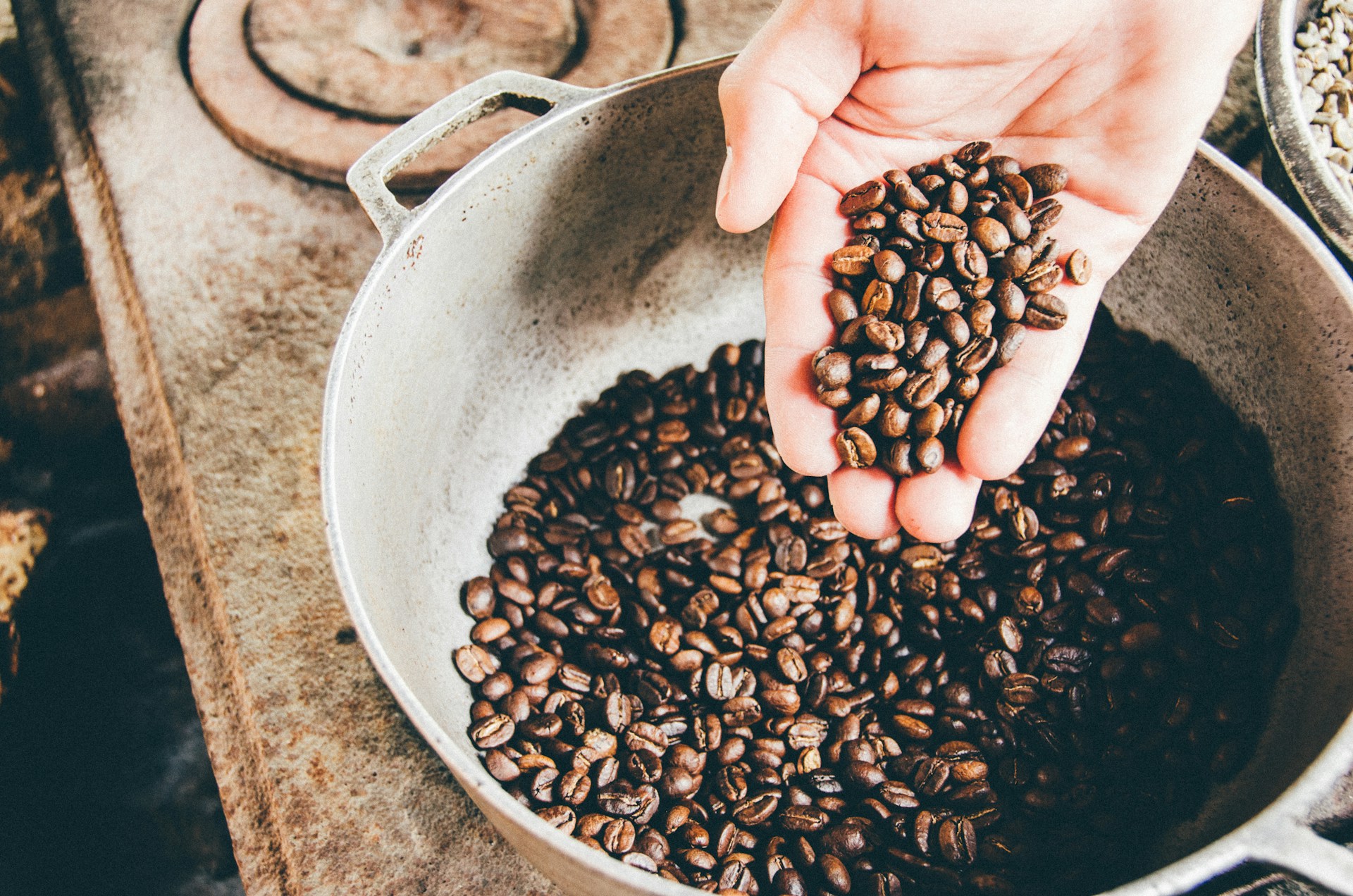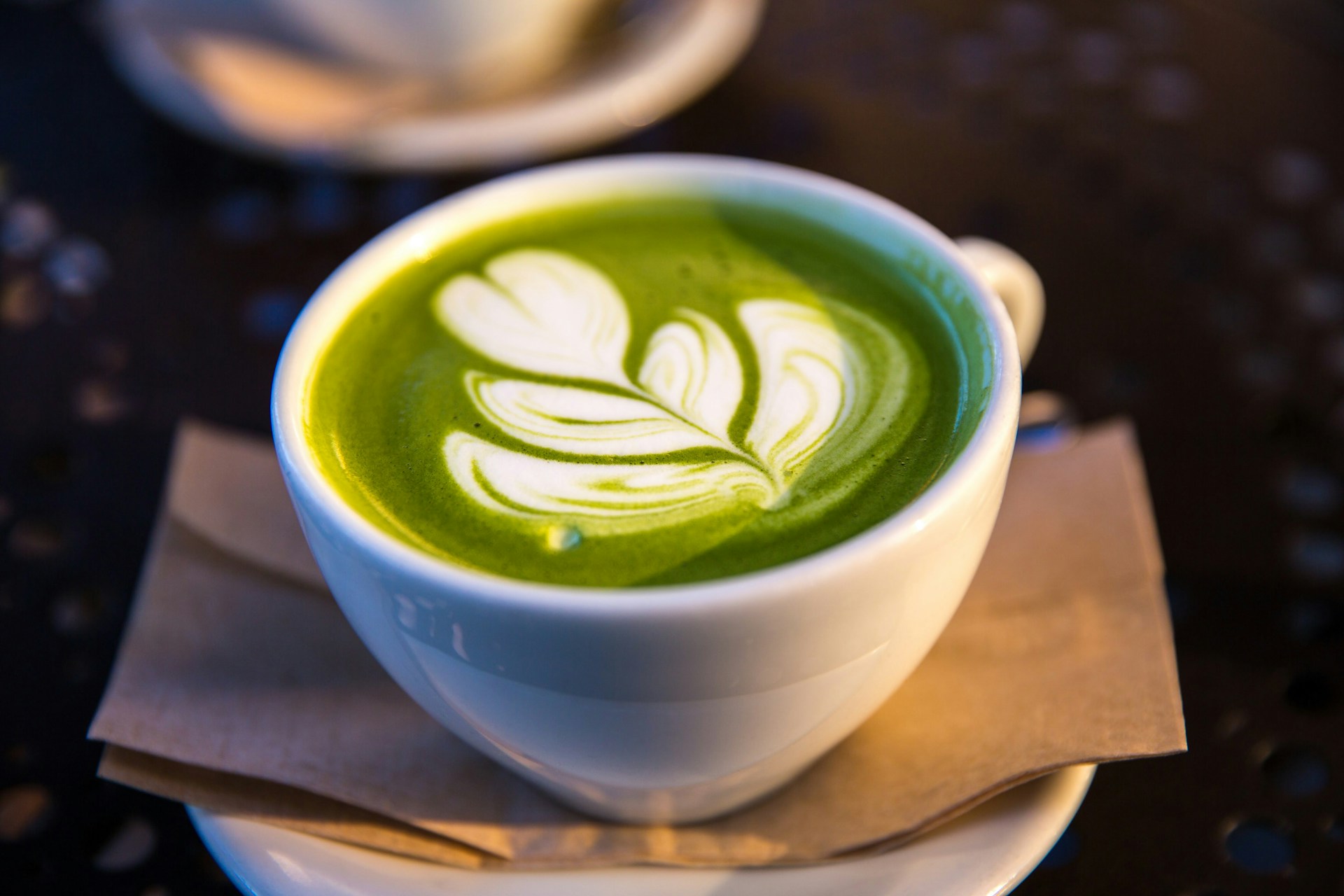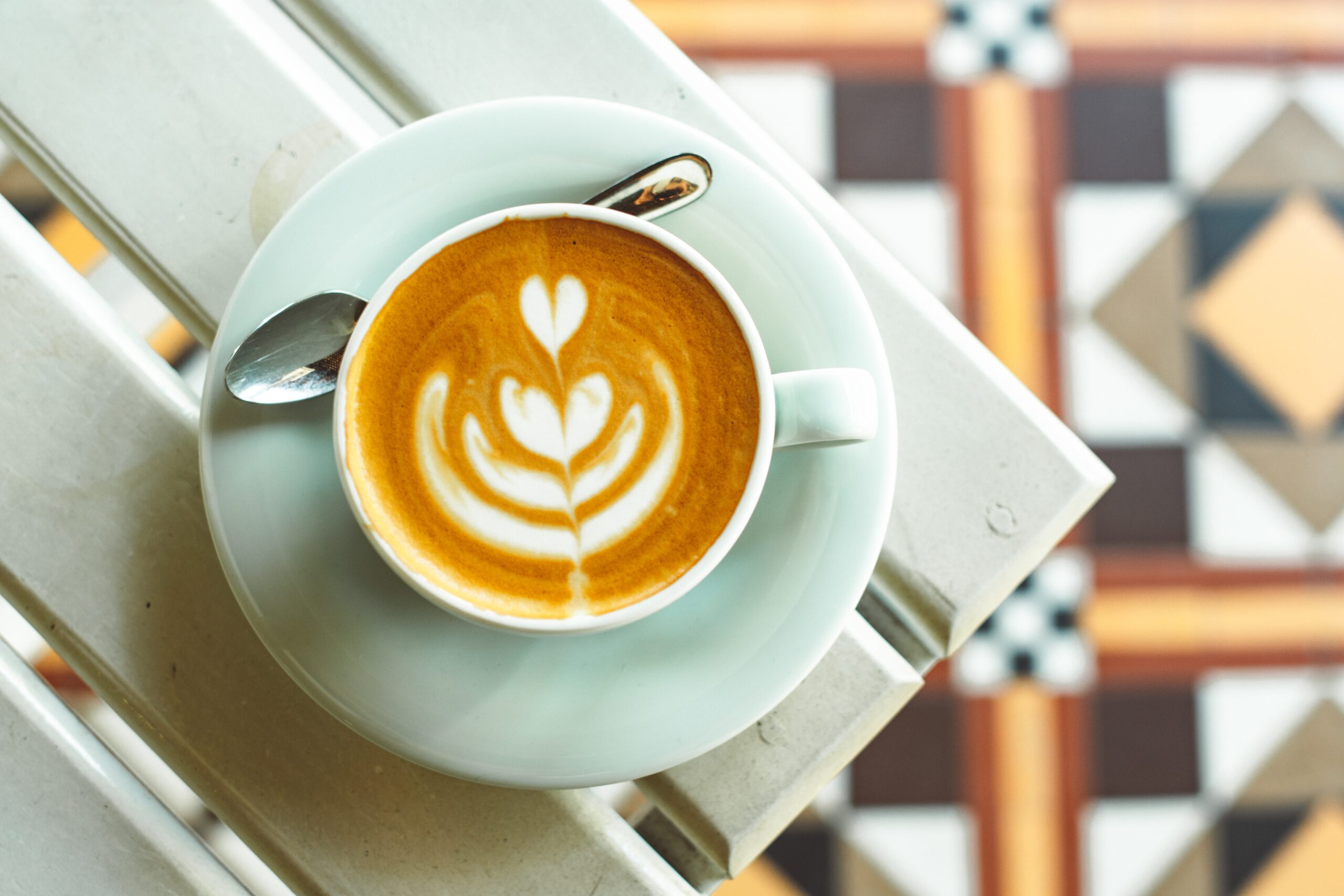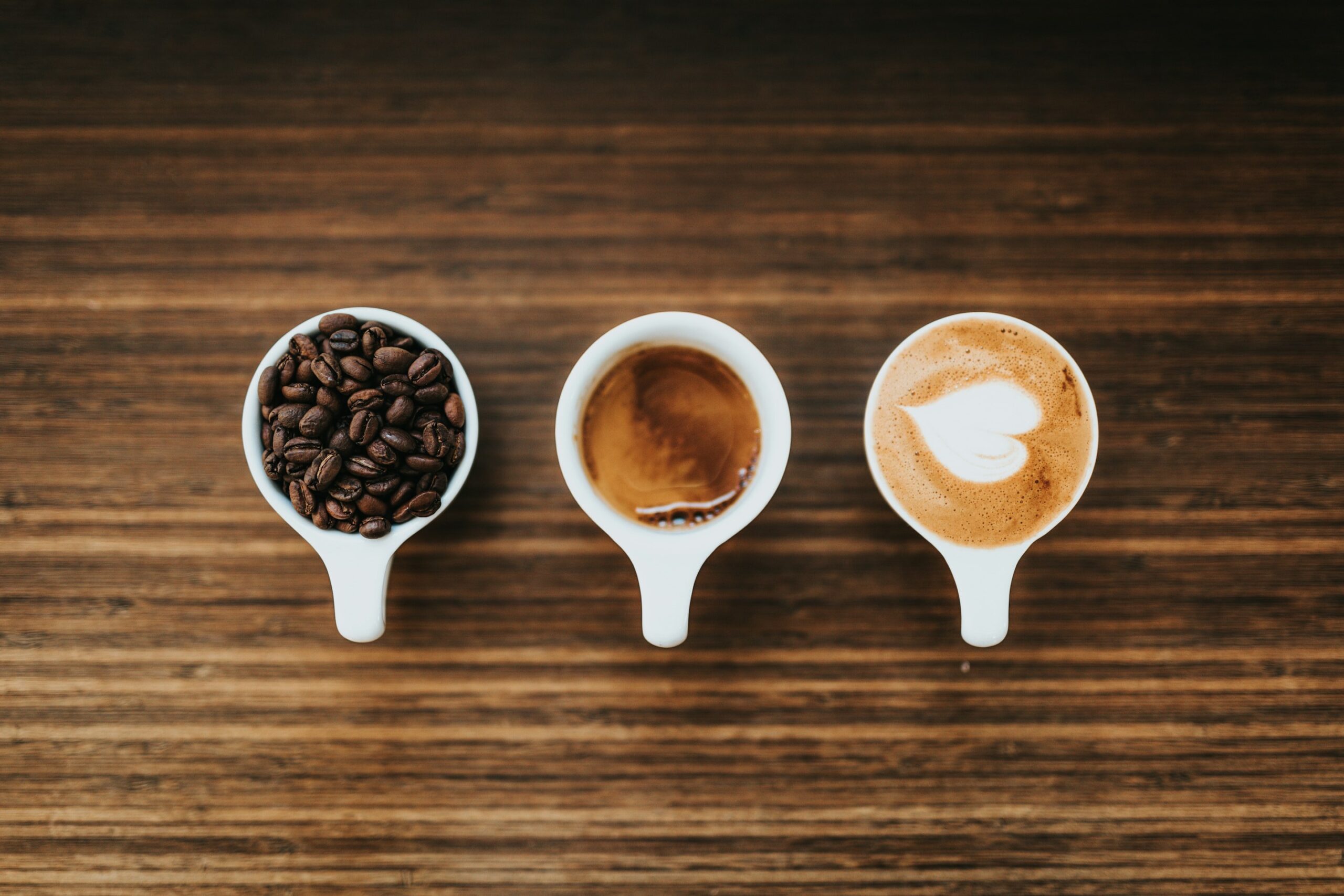Speciality coffee is a term you’ll often hear used by coffee aficionados. To be given the title ‘speciality’, this coffee must meet certain criteria that signify its level of quality.
We consider just what makes speciality coffee so special.
What is Meant By Speciality Coffee?
Speciality coffee is a cut above the rest, often exceeding the standard for regular coffee you might come across in stores or cafes. The term refers to coffee that displays exemplary quality at every stage of the supply chain:
Coffee Farmers: only the best coffee beans sourced from exceptional coffee farmers will be used.
Coffee Buyers & Graders: certified coffee tasters will establish the coffee’s quality and score it through systematic tasting known as cupping.
Coffee Roasters: roasters will be highly skilled and knowledgeable about coffee chemistry to ensure the highest quality roasted beans are used for the final product.
Baristas: meticulously trained baristas will be informed on the origin of the coffee and the ideal brewing methods to serve the perfect drink at your local independent or coffee shop franchise.
The term ‘speciality coffee’ was first used by Erna Knutsen in a 1974 interview for the Tea and Coffee Trade Journal. Ever since the term has been associated with distinctive coffee experiences that stand out for their quality.
Is Speciality Coffee Always Single Origin Coffee?
Single origin coffee is coffee that comes from one easily traceable source; it is often associated with higher levels of transparency and superior quality. Thanks to this quality, speciality coffee is also often single-origin.
While sometimes these terms are used interchangeably, speciality coffee does not actually have to be single-origin, as blends are not excluded from being given the moniker of speciality.

How is Speciality Coffee Scored?
Historically, for coffee to be considered ‘speciality’ it must score between 80 and 100 on the ‘speciality scale’, which is determined by the Speciality Coffee Association (SCA).
- 90-100 = Outstanding speciality coffee
- 85-89 = Excellent speciality coffee
- 80-84 = Very good speciality coffee
- 65-80 = Commodity coffee (non speciality)
Only a small percentage of the world’s coffee is considered speciality. However, the market is growing as more consumers begin to understand what speciality coffee really means and its benefits.
Every aspect of the supply chain must adhere to strict standards for the coffee to be termed speciality. The beans themselves undergo numerous tests and a grading process to ensure they are free from defects. For every 350g sample of green coffee beans, there can be no primary defects (i.e. black or sour beans) and no more than five secondary defects (i.e. broken beans).
After a visual inspection of the beans, they are roasted and evaluated through methodical testing known as cupping.
What Does Cupping Mean in Coffee?
Coffee cupping is the process of tasting coffee to assess its characteristics and level of quality. Coffee cuppers will assign scores based on things like acidity, sweetness, body, aroma, flavour and aftertaste.
This tasting process is very methodical and must be done in the same conditions each time to maintain quality control. Certified professionals in this field are known as Q Graders and it's them who will assign the score for speciality coffee.
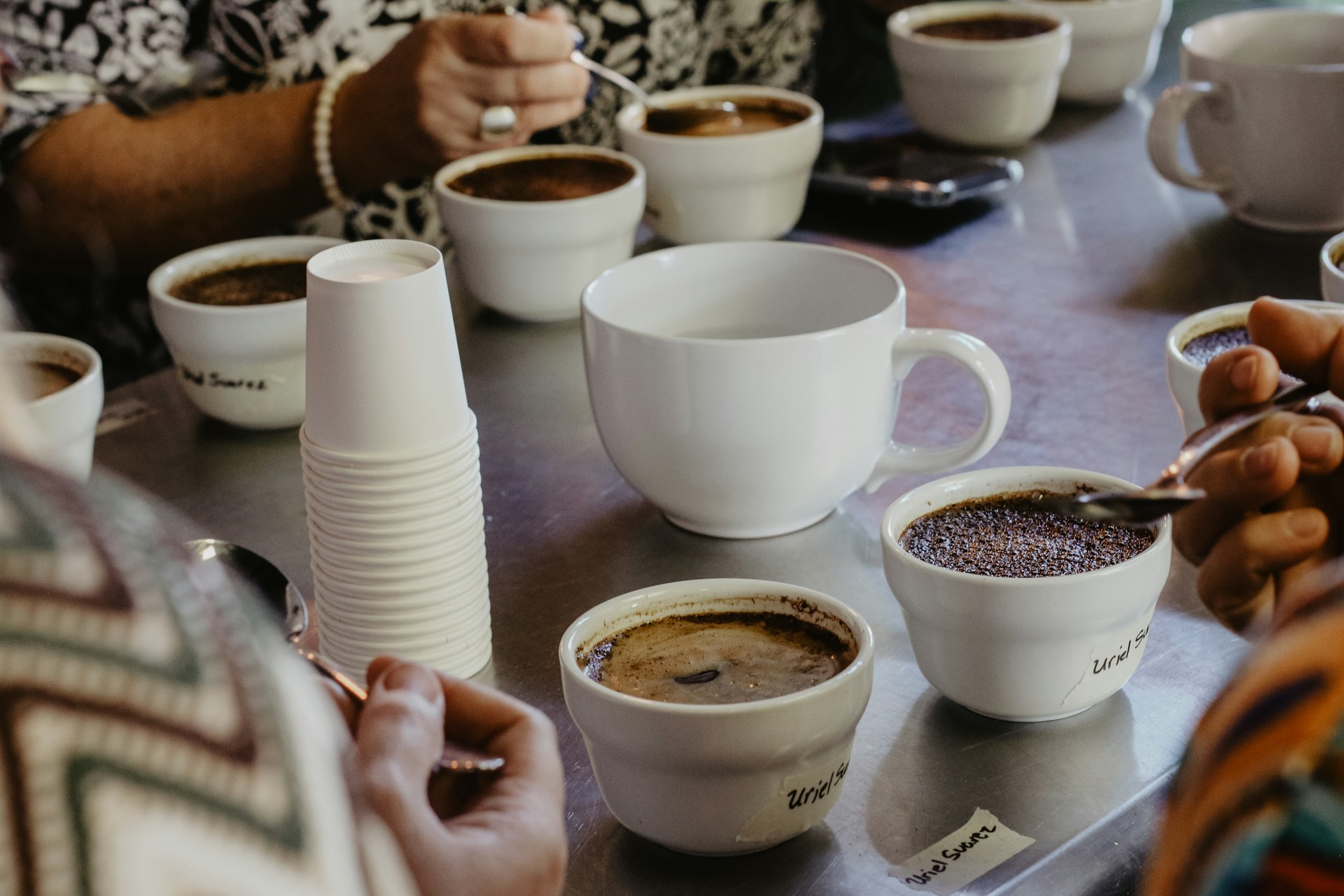
Speciality Coffee & Sustainability
Outside of this score that’s based on the taste and intrinsic characteristics of the coffee, more coffee professionals and consumers are also beginning to place increased value on extrinsic attributes like traceability, sustainability and transparency.
These factors are starting to have a more important role in how speciality coffee is defined and understood.
What is the Difference Between Speciality & Commercial Coffee?
Commodity or commercial coffee makes up the majority of the market and is what many of us tend to enjoy most of the time, whether from the supermarket or our local coffee shop.
Quality: speciality coffee puts superior quality at the forefront and must meet certain requirements.
Growing & Product Methods: commercial coffee tends to be mass-produced whereas speciality coffee is often grown at higher altitudes on farms where farmers are dedicated to growing the best possible coffee beans.
Flavour: speciality coffee is prized for showcasing the coffee beans’ unique flavour and characteristics, making for more distinctive coffee experiences.
Cost: commercial coffee is cheaper than speciality coffee and therefore often more accessible to more consumers.
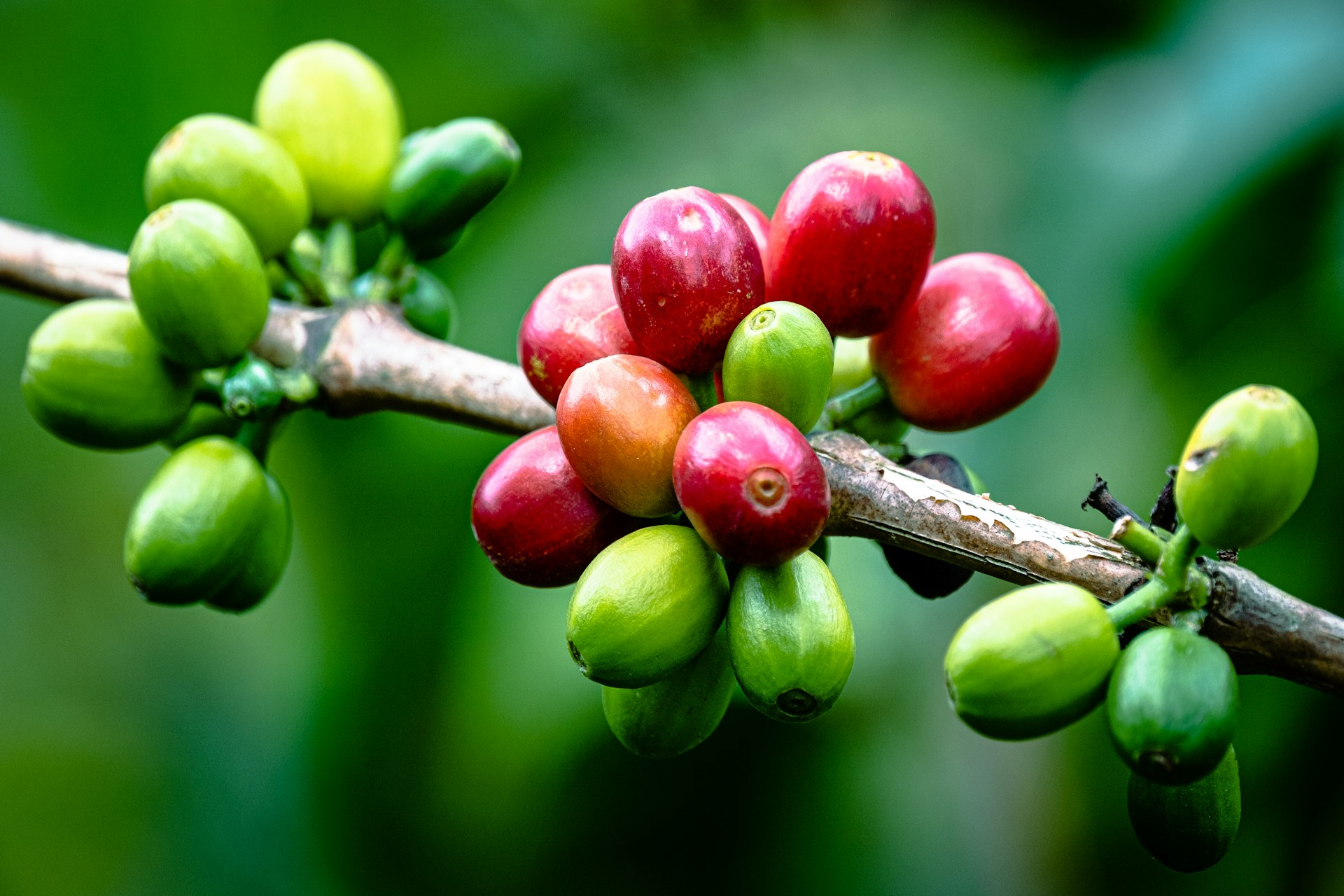
Is Speciality Coffee Better?
Because of its guaranteed exceptional quality, speciality coffee is generally considered better than other kinds of coffee.
Due to its more complex flavour and traceability, speciality coffee can offer an overall better coffee experience. For dedicated coffee lovers, the higher price tends to be more than worth it.
Want to enjoy sustainable, ethically sourced and great-tasting coffee on your next coffee shop run? Head to your local Esquires store to see what we’re all about.
